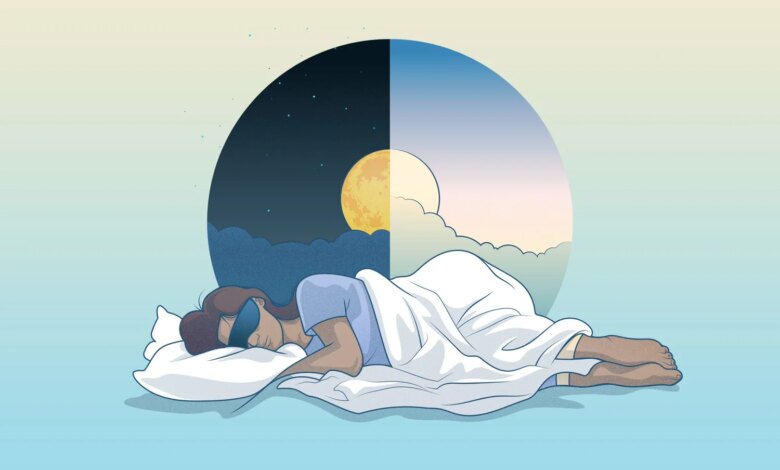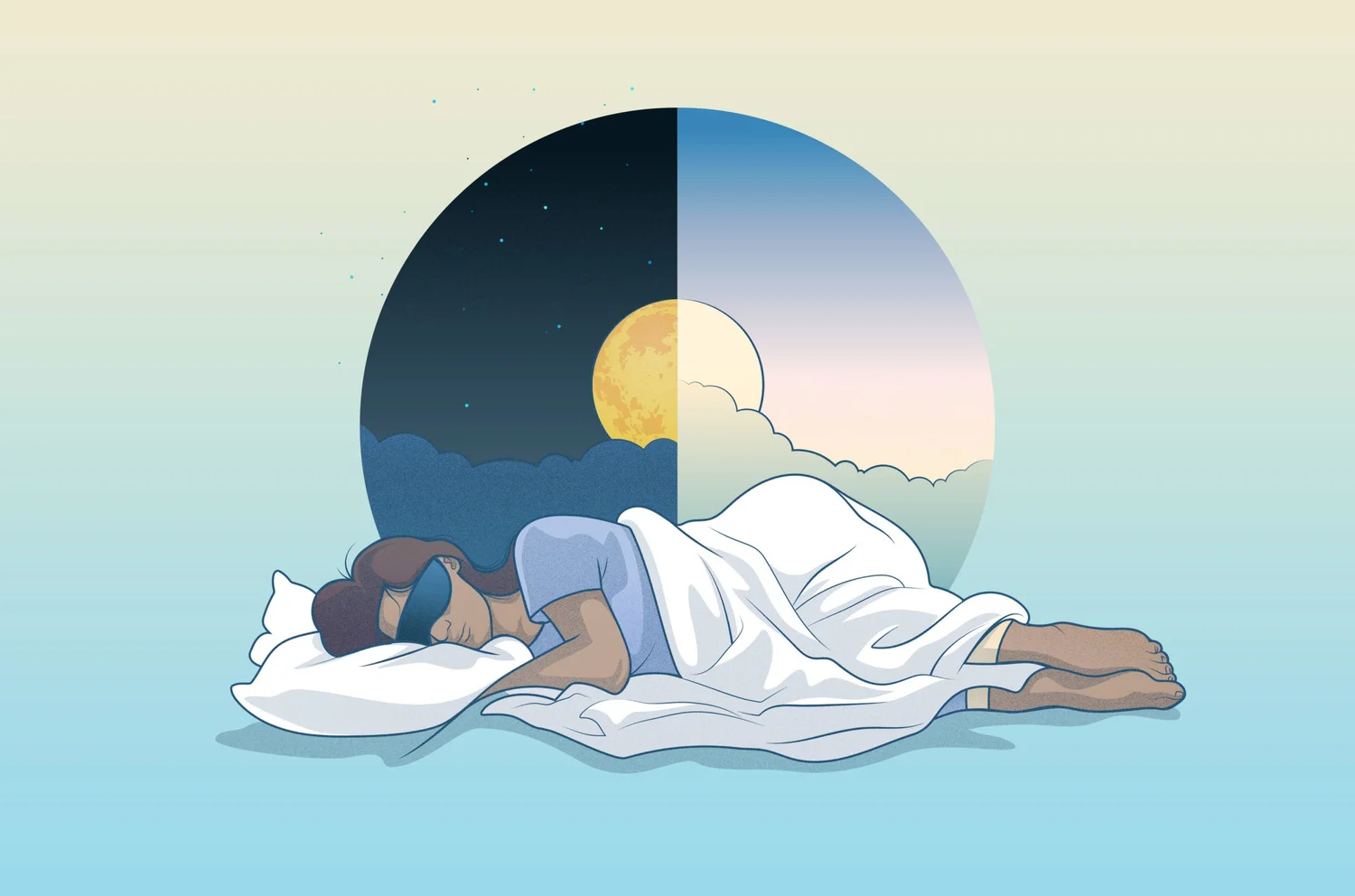Are We Programmed to Sleep Differently? — REM Reward


Our sleep habits aren’t as universal as we might think. While some of us jump out of bed at dawn, others feel most alive in the moonlight, thriving in the quiet of late-night hours. But what if these tendencies are more than personal preference? Research shows that our genes may play a significant role in shaping our sleep patterns, suggesting that many of us are biologically “programmed” to have unique sleep needs (Jones & Lane, 2020). Understanding this genetic foundation offers a pathway to more personalized and effective sleep strategies—and could transform how we approach rest in our daily lives.
One tool that can help us identify our individual sleep patterns is the Morningness-Eveningness Questionnaire (MEQ). By answering questions about ideal sleep times, alertness levels, and productivity peaks, the MEQ reveals whether you’re naturally a “morning lark” or a “night owl” (Horne & Östberg, 1976). Our chronotype, as it’s called, isn’t just about when we prefer to go to bed or wake up—it’s a rhythm that affects our energy, mood, and cognitive performance throughout the day. For example, morning people often feel sharp and alert in the earlier hours, whereas night owls reach their peak later in the evening. These patterns reflect deeper biological rhythms, often making traditional work or school schedules challenging for those who don’t naturally fit the early-to-bed, early-to-rise mold.
Recent research has identified specific genes linked to these chronotypes, like the PER3 gene, which influences whether we lean toward early rising or late sleeping (Takahashi et al., 2015). Variations in this gene, among others, may lead to differences in sleep patterns, and our genes interact with environmental factors, too. For instance, a person might be genetically inclined to be a night owl, but exposure to bright screens at night or consistent late-night activities can strengthen this inclination (Wright et al., 2013). Conversely, societal norms and fixed schedules can cause “social jetlag,” where someone’s biological and social clocks are misaligned. Over time, this misalignment contributes to fatigue, stress, and potential health problems, underscoring the importance of honoring individual sleep patterns where possible (Roenneberg, Wirz-Justice, & Merrow, 2003).


